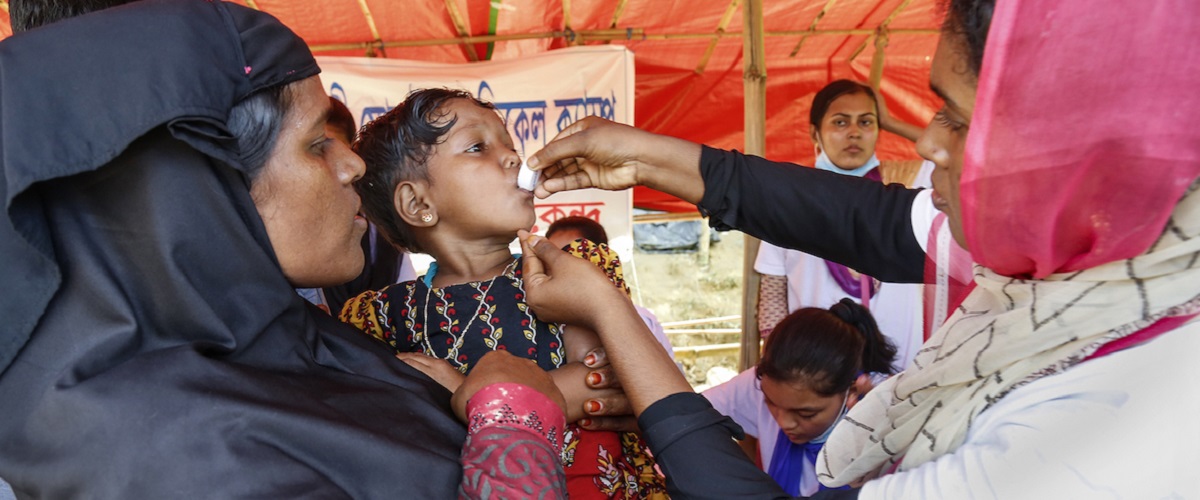
Background
On 12 December 2012, the resolution on global health and foreign policy (A/RES/67/81) recommended to include universal health coverage in the discussions on the post-2015 development agenda in the context of global health challenges. Member states recognized the importance of universal coverage in national health systems, especially through primary health-care and social protection mechanisms, to provide access to health services for all, in particular for the poorest segments of the population.
On 25 September 2015, the resolution on Transforming our world: the 2030 Agenda for Sustainable Development (A/RES/70/1) adopted the target of universal health coverage by 2030, including financial risk protection, access to quality essential health-care services and access to safe, effective, quality and affordable essential medicines and vaccines for all.
On 12 December 2017, the UN passed a resolution on global health and foreign policy: addressing the health of the most vulnerable for an inclusive society (A/RES/72/139). In this resolution, it was decided to hold a UN high-level meeting (HLM) during the 2019 UN General Assembly (UNGA) on universal health coverage (UHC). The approved modality resolution decided that the overall theme of the HLM will be “Universal Health Coverage: Moving together to build a healthier world”.
On 23 September 2019, the UN High Level Meeting on Universal Health Coverage was a significant achievement for Member States, who reaffirmed their high-level political commitment to UHC and endorsed the most comprehensive declaration on global health to date. Through the adoption of the political declaration of the high-level meeting on universal health coverage (A/RES/74/2), Member States recognize health as a precondition for and an outcome and indicator of the social, economic and environmental dimensions of sustainable development and the implementation of the 2030 Agenda for Sustainable Development, and strongly recommit to the achievement of universal health coverage by 2030, with a view to scale up the global effort to build a healthier world for all.
In operative paragraph 78, the political declaration, commits Member States to “increase global awareness, international solidarity, international cooperation and action towards the achievement of universal health coverage by promoting national, regional and global collaborative frameworks and forums, including through the commemoration of International Universal Health Coverage Day on 12 December of every year”.
The UN System, development partners and other relevant initiatives, such as the International Health Partnership for UHC2030, provide support to Member States for the development and strengthening of the sustainability of universal health coverage at the national level with the aim of promoting access to health services for the most vulnerable.
To promote physical and mental health and well-being, and to extend life expectancy for all, we must achieve universal health coverage and access to quality health care. We must leave no one behind.
